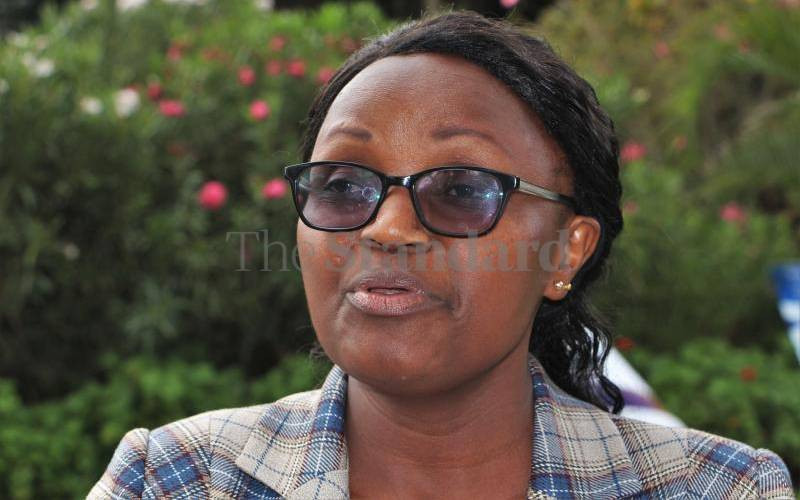×
The Standard e-Paper
Smart Minds Choose Us

A plan is in the offing to reshape the future for mechanics, technicians, plumbers, tailors and other workers who have acquired skills through hard work and experience but lack formal education.
The government is about to embark on a transformative journey that recognizes the worth of these unsung heroes by mainstreaming their prior learning experiences.